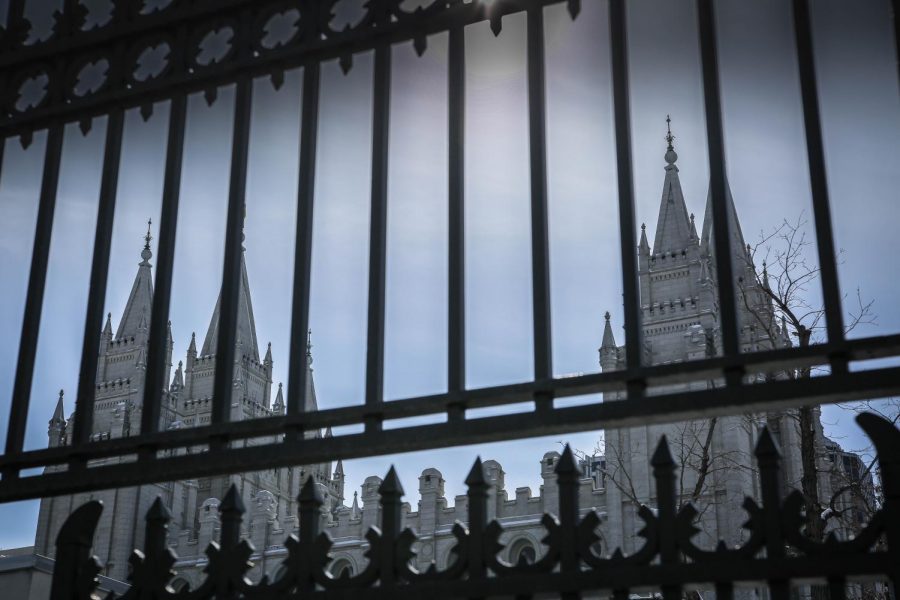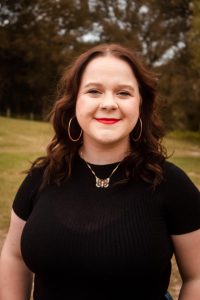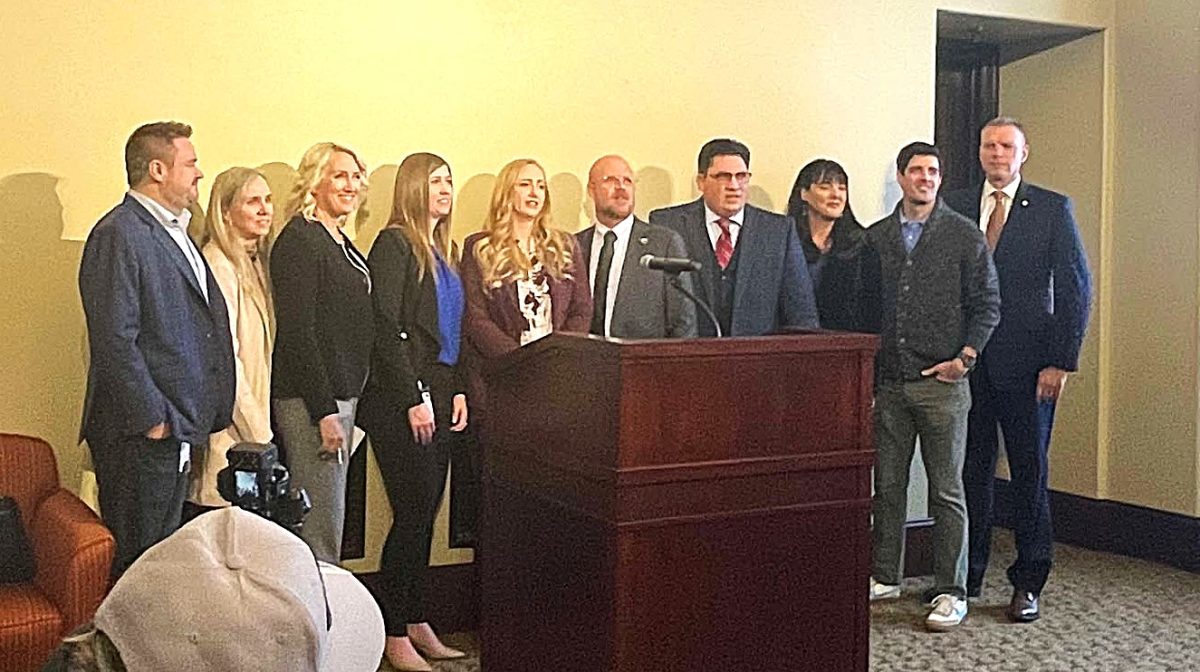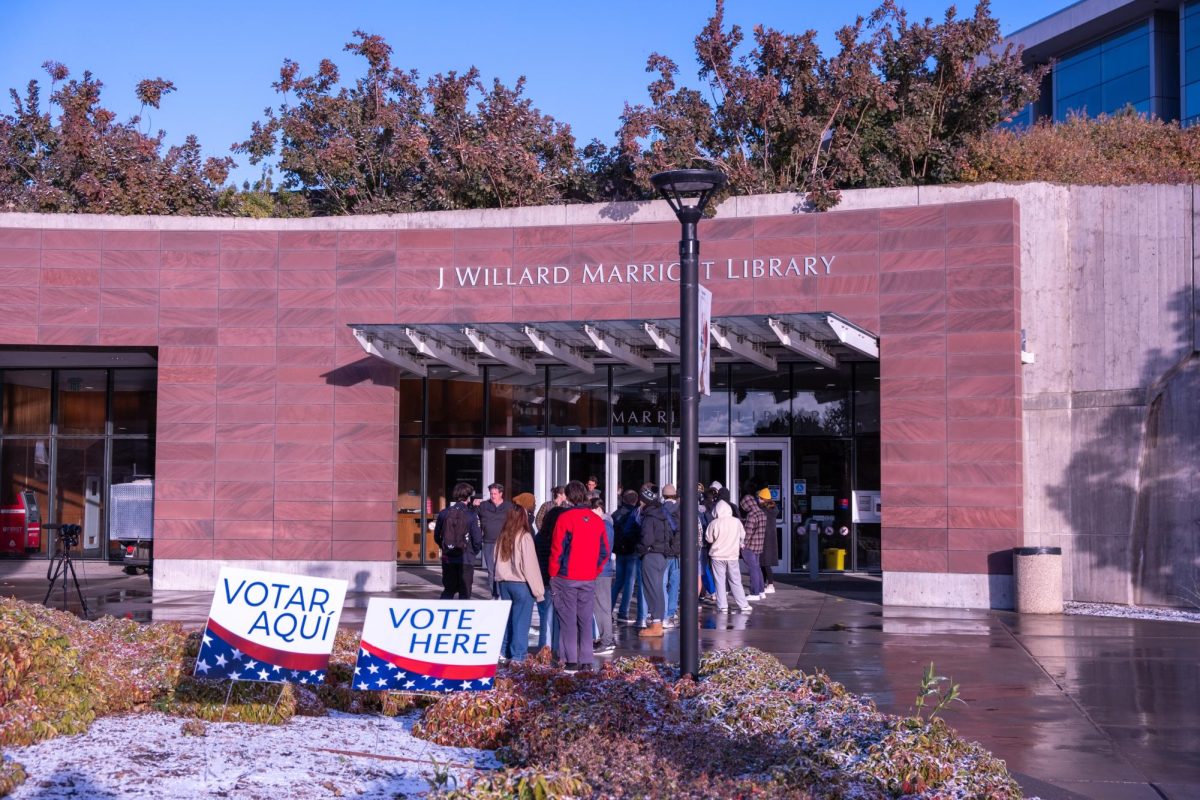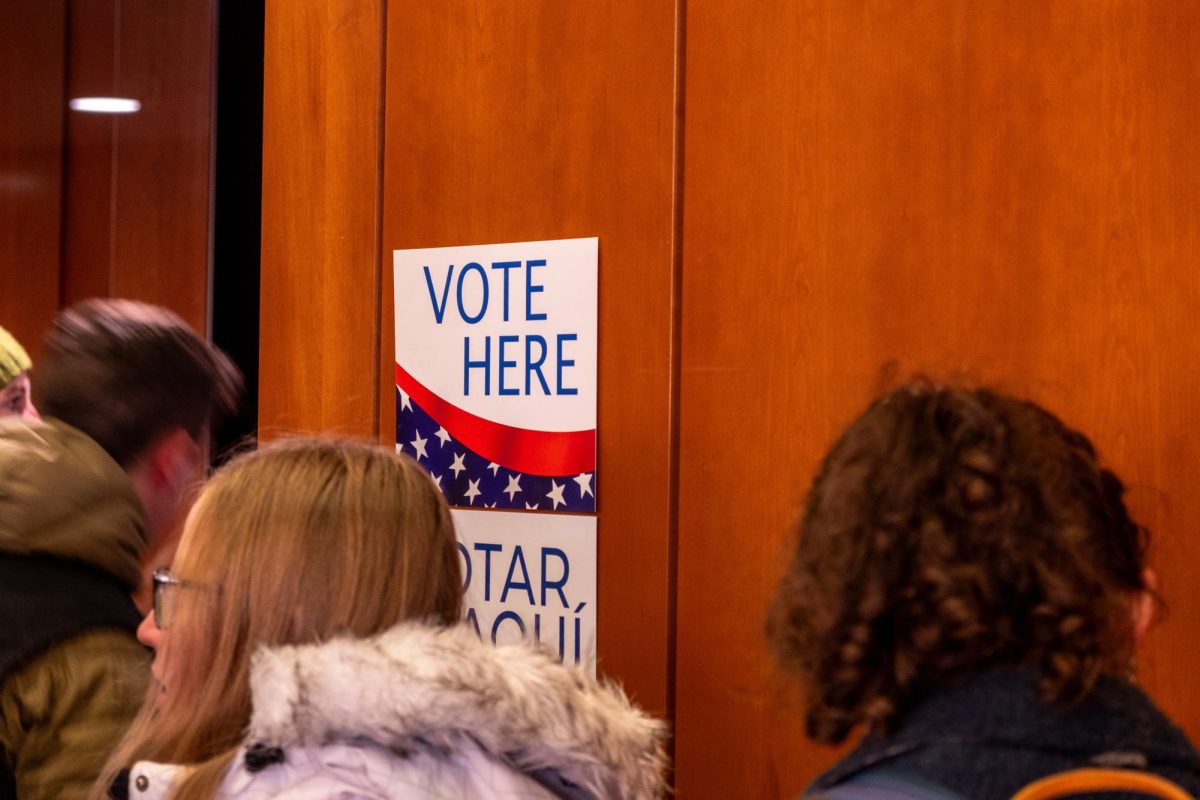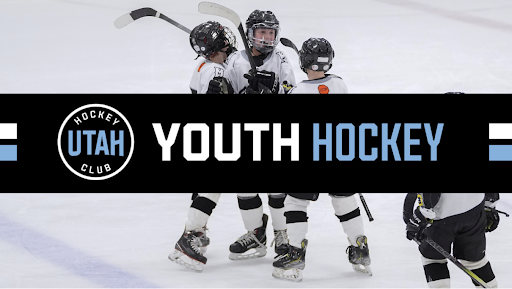LDS Church Pushes Back Against Proposed Bills that Would Ban Unethical Therapy Techniques
October 23, 2019
The Church of Jesus Christ of Latter-day Saints released an official statement encouraging amendments to both the Psychologist Licensing Act Rule and to the Mental Health Professional Practice Act Rule, on Oct. 15, the last day allowed for public comment on the acts.
The Psychologist Licensing Act Rule and Mental Health Professional Practice Act Rule would ban licensed psychologists from “engaging in, or attempting to engage in the practice of sexual orientation change efforts or gender identity change efforts with a client who is less than 18 years old” and update definitions and define the terms “gender identity,” “sexual orientation,” “gender identity change efforts” and “sexual orientation change efforts.” The rules could have become effective as early as Oct. 22.
In a 14-page letter, Family Services, the Church-run counseling service, detailed all of its issues with the bill and what they suggest be changed.
Sarah Dalton, a pre-nursing freshman and member of the Church, was very upset when she saw the pushback, especially because she said she has church friends who have been subjected to conversion therapy, widely discredited practices that attempt to change someone’s sexuality or gender identity. The bill would officially ban this practice.
“I kind of wish they wouldn’t have said anything,” she said. “I trust what they have to say, but that doesn’t mean I like it.”
In the statement, the Church said it finds some definitions too broad and claims the bills would infringe on certain religious freedoms.
The statement also suggests there is a correlation between mental illness and gender dysphoria, saying that those who are transgender or gender non-conforming often have co-occurring mental health disorders and “The possibility that symptoms of these and other disorders may improperly contribute to a gender dysphoria diagnosis has not been thoroughly studied.”
Additionally, the letter suggests an issue with “rapid-onset gender dysphoria,” which suggests that media and social influence can cause gender dysphoria. Their claim cites a highly-contested study by Lisa Littman. They acknowledge that the study is highly controversial but state that its “point is not to endorse this study but rather to note the deep uncertainties in this complex area.”
It gives certain scenarios where they believe therapy that may fall into the proposed ban may be justified, which included a 12-year-old boy with same-sex attractions seeking help from a therapist to stop watching homosexual pornography because it does not align with his moral values.
Some members agree with this sentiment. Jake Taylor, a biology major, said that while he feels like some therapy can be used in dangerous ways, if someone wants it, they should be able to get it.
On the other hand, member and religious studies major Anna Meredith said, “The very nature of conversion therapy is abusive, regardless of how you approach it.”
The Church clarifies that Family Services does not participate in harmful and disproven therapy techniques, but rather helps youth clients in understanding “gender identity issues” in the context of their family and their faith.
The Church recommends in its letter that it wants “the legislature to consider the issue and act when consensus is reached” or “alternatively, amend the proposed rule to better protect the interests of children,” which they believe would include allowing children to seek therapy so they can better align with its moral and faith values.


